Undershaft is seen by his family as an evil man, but he does makes many enlightened remarks about religion in their society. In Major Barbara, sometimes you have to look not at religion, but the way religion is conducted. By this idea does Undershaft point out the flaws in the system of the Salvation Army and other religious organizations.
Undershaft consistently preaches that his religion is “money and gunpowder” as they are both necessary to his business and his life. When Barbara asks about his salvation, Undershaft states that he will need money to live long enough to salvation. Money plays a central them to the play in regards to satisfy the characters needs and problems, as it does in real life. Snobby Price and Rummy abuse the shelter’s charity for food and shelter in their time of need by making up false alibis of their misfortunes. Mrs. Baines bargains and brown-noses Undershaft once she knows he has money he can donate. They shelter also accepts money not only from Undershaft, but form Lord Saxton who owns a beer distillery. Alcohol and war, two ideas that the Salvation Army is trying to fight against, is in fact the businesses keeping them afloat financially. This situation is nothing new to Christianity. In the sixteenth century, Martin Luther was driven to nail his ninety five theses on the front of the Catholic churches door. This document outlined his views on the practices within the church, and his thoughts against the acceptance of monetary values for forgiveness of sins. He believed that not money “bought” your way to heaven and everlasting life, but good deeds and leading a Christian life. Barbara starts to see this type of corruption play out in front of her with Mrs. Baines accepting Undershaft’s check at the end of Act II. Bill echoes this with his line “What price is salvation now?” Send money and solve your guilt, just like the practices of four centuries ago. With Barbara giving over her Salvation Army pin to Undershaft, she has referenced back to the bargain they made in Act I. She signifies that Undershaft has won and has instead converted her, or at least showed her the light though dim it may be. Barbara, once a saver of souls, becomes as lost as the people she once tried to convert. In the beginning of Act III, Cousins compares Undershaft to Dionysus, the god of wine, after going out and drinking with him after the rally. This is how Shaw connects the two evils, alcohol and war, by comparing the god of wine to the self-proclaimed god of war. Mrs. Baines believes she taking the money, she is winning over the distillery and factory. However, the power actually resides with Lord Saxton and Undershaft, for without their money the Salvation Army couldn't run their operations. Even when Mrs. Baines tells him to thank God, Undershaft asks “shouldn't you be thanking me?” Both Wealth and power make a man godlike, giving him control over life and death. Undershaft doesn't ask for what he can’t buy. However, through “buying” the Salvation Army, he has also bought Barbara. “Through religion will we win Barbara.""Inspiration comes from within herself.” - Undershaft For more information: Martin Luther's The 95 Theses http://www.spurgeon.org/~phil/history/95theses.htm
Mrs. Baines discusses civil unrest and rioting in the poorer sections of London during the early nineteen hundreds. This caused protesters to knock out several shop windows in different instances according to Snobby. Undershaft then explains that " And next day the Mansion House fund went from 30,000 pounds to 79,000." What exactly is the Mansion House Fund? This is what the blog today will explain for those of you who are curious.
*The following information was found by Rodger Smith, who plays Andrew Undershaft in our production. Thank you for finding these resources!*
"Quick and cursory research indicates that charitable funds known as Mansion Houses were/are charitable organizations that probably first began in Ireland. At least those were the first references I found. Mansion House charities are in operation today and usually arise after some titanic event. Of importance to Undershaft is the idea that such organizations relieved “business” from having to increase wages or otherwise be responsible for the people of poverty and labor affected by changes in the economic environment. Undershaft understands business as a solution to the conditions of the time, not as a socialist resolution between rich and poor, but more a “trickle down effect” enabling the opportunity for everyone who wishes to make their own way to do so, “That is the history of most self-made millionaires. When it is the history of every Englishman then we will have an England worth living in.”Three examples are:
1. “In times of economic distress communities in Ireland were heavily reliant on charitable organizations to supplement their basic wages or provide relief during crop failures. Charitable organizations had wound down relief works in the years following the Great Famine as Ireland gradually recovered. However successive failures of harvests from 1877 - 1879 led to widespread devastation and hunger, historically known as the 'Little Famine' of 1880.”
http://www.askaboutireland.ie/reading-room/history-heritage/big-houses-of-ireland/the-mansion-house/relief-fund/
London seemed to follow the Irish example (both of which would have certainly been known to Shaw) with the establishment of the 1889 Mansion House fund. [Note: Mansion House refers to the home and office of the Lord Mayor of the City of London.]
2. “The Mansion House Fund was a charitable organization started by the Lord Mayor of London in 1899, soon after the onset of the South African War. Its purpose was to bring financial relief to the Uitlander refugees who had become destitute as a result of the war. Its distributional headquarters was in Cape Town. Contributions in excess of £200,000 were raised in Britain and South Africa, with disbursement of the funds left in the hands of a Central Committee in Cape Town, the Governor acting as chairperson. The money was thereupon distributed through local committees in the various towns. At East London almost 4,000 people received aid at various times.”
<http://www.eastlondon-labyrinth.com/history/boer-war-04.jsp>
The following is an excerpt from The Spectator Archive of an 1886 publication:
3. 20 NOVEMBER 1886, Page 2
The Committee of the Mansion House Relief Fund have published their report upon the proceedings of the year. They raised last year, which was one of exceptional severity, a sum of £78,600, and expended it ; but they are not contented with themselves. They say the difficulties of discrimination are great, that the local agencies cannot suddenly meet new demands upon them, and that the fund itself draws applicants to London, thereby increasing the congestion already caused bythe popular belief that there " is always work in London." They therefore urge that thorough inquiry should precede the raising of any new fund, that any distress become chronic should be left to the- Poor-Law officers, and that the philanthropic societies should establish a central body in each Poor-Law Union, competent to- act with the Mansion House, and, we may add, with the Local Government Board. That seems sensible, but we do not place much confidence in these spasmodic efforts. What is wanted is the power of suddenly adding to the means of inquiry and distribution possessed by the Guardians, leaving private charity to fill up chinks. At present, a portion of the distressed, and not the most worthy, are over-relieved, while the general want remains almost as before.
http://archive.spectator.co.uk/article/20th-november-1886/2/the-committee-of-the-mansion-house-relief-fund-hav
Kathleen Niemann, who plays Major Barbara, asked me about more information about women during the period in regards to the Undershaft family. Though there is plenty of poverty and middle class people during the Edwardian Era, some forget about the Nobility that influenced the time from the era before.
The class system of Victorian England set strict guidelines for the role women played. There were four classes: Nobility, Middle Class, Upper and Lower Working Class, each with their own guidelines of standards and rules for women they were expected to follow.
The highest of course was the Nobility, who gained their wealth from inherited land and titles. Though many thought women of this class laid around in the lap of luxury, they were very busy and had important roles in the family infrastructure. Major Barbara, like many upper class women, were very involved in charities and other organizations across London. Women saw it as their moral and religious obligation to help those in need. Matriarchs of the family like Lady Britomart were in charge of the household. Lady Britomart controlled the finances of her family and finding spouses for her children after she divorced from Undershaft.
“Ladies were ladies in those days; they did not do things themselves, they told others what to do and how to do it.” - Etty Raverat However, ladies of the Nobility also found leisure time, the most popular being dancing. Unmarried women spent time catching up with other single women. They would eventually become social hostesses. When finding someone and becoming engaged, she would still not be allowed to be alone in a carriage with her fiance, she was to proper. When married, they were in charge of the house, and had no time for talking with friends.
Many signs of body language signified the maturity of the woman. A girl with her hair up symbolized a readiness to get married, why free flowing hair showed virginity. When a girl joined society officially, it was referred to as her period of 'coming out'. Young women were given little preparation. Their only education was piano, dancing, some German and French, and table manners. The life of an upper class woman was not as secure as many would like to believe. All inheritance, land to wealth, was passed on to the oldest son or next closet male relative. If there was no oldest son, then it would go instead to more distant family members. The only money going to unmarried women if their father would pass away, would be a dowry set for marriage. This is why Lady Britomart makes it her main priority throughout the play to secure marriage and inheritance for her children, especially for Barbara and Sarah. Though divorced, the family is dependent on Undershaft for their lively hood.
Kelly Ufford, who plays Jenny Hill, had a questions about the currency during the early nineteen hundreds. The line in question was when she returns from a collection in Act II and exclaims that she made "Four and tenpence" to Major Barbara. Monetary values are much different in England now then they were one hundred years ago.
You can get clues from the text on how much the collection they received was. Barbara wishes that they would have gotten "the whole five schillings!" When looking up Victorian money, there were three types of coins (pound, schilling, penny). That would mean the four in "four and tenpence" would be four schillings, making the amount "four schillings and tenpence (or ten pennies)." Undershaft offers to "contribute the odd twopence" since they are two pence short of five schillings. In Victorian times, twelve pennies equaled one schilling.
Sometimes the play itself, and a little research, can rule out any mathematical calculations.
Today was the first double rehearsal back from winter break. Everyone was really excited to get started on this show. We started with blocking Act One and the cast quickly began exploring relationships and started forming chemistry onstage. There were a lot of questions asking about physical contact while interacting with certain characters. Barbara and Adolphus were asking about showing signs of affection from putting arms around each other to holding hands. Stephan was asking about putting his hands on his mother's (Lady Britomart) shoulders. It's completely understandable that the actors would have these questions, as the way people conducted themselves in 1906 is much different than it is now in 2014. During the Edwardian Era, the upper class was very concerned about appearance and social reputation. Simply tipping your hat and giving an improper introduction would lead you to being shunned from the aristocracy. Young women had to be escorted, and was seen as improper to be around a man they have not been properly introduced to. As Adolphus and Barbara are engaged, public affection would be seen proper to a certain extent. Out of respect to their mother, they would make their affection discrete while around her as in Act One and Three in the parlor room. In the Victorian Era, most of the child rearing and care was left in the hands of wet nurses and nannies. As the children got older, governesses (who were normally middle class women with upper class education) taught the children. Boys were sent off to boarding school while girls were educated at home. The mother and father were seen as authority figures, and were to be respected and looked up too. As for their father, since their parents are separated and he has not been around since they were children, the children's relationship with Undershaft is as any relationship with a distant parent would be today. They still respect him as a father, yet also as an important business man. They treat him almost like an acquaintance of the family. While close to Lady Britomart, there are clear signs in the script that the children know certain boundaries while around her. They wait for her command to sit without even being told. Stephan especially is very respectful, sometimes even intimidated, by his mother. It's not until Act Three til Stephan finally stands up to his mother while talking to Undershaft, taking hold of his adulthood. There is still affection for their mother; Barbara even calls for her in Act Three. However Lady Britomart takes offense to her grown children calling her 'mommy" and scolds Sarah for poking her in the ribs. However, these childish impulses are not intended to annoy their mother, but to show affection for her. Families of the twentieth century in England began to see the negative effects of wet nurses and a decline of their services were becoming noticeable. The characters in Major Barbara are not the normal upper class family usually seen during the early twentieth century. This gives the cast a unique opportunity to incorporate conduct relevant to the time period while discovering situations unique of the Undershaft family. It will be interesting to see how relationships start to build between the couples of the play, Barbara and Adolphus and Charlie and Sarah. As our director told them yesterday, there wouldn't be any grinding on each other like there would be in 2014. For more information: Nannies and Governesses http://www.likesbooks.com/nannies.htmlMicheletti, Ellen . "All About Romance Novels - Nannies & Governesses." All About Romance Novels - Nannies & Governesses. N.p., n.d. Web. 5 Jan. 2014. <http://www.likesbooks.com/nannies.html>
|

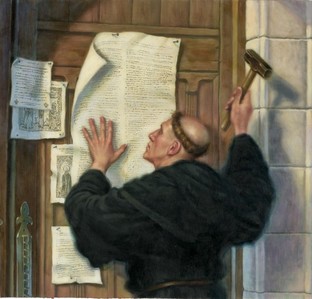
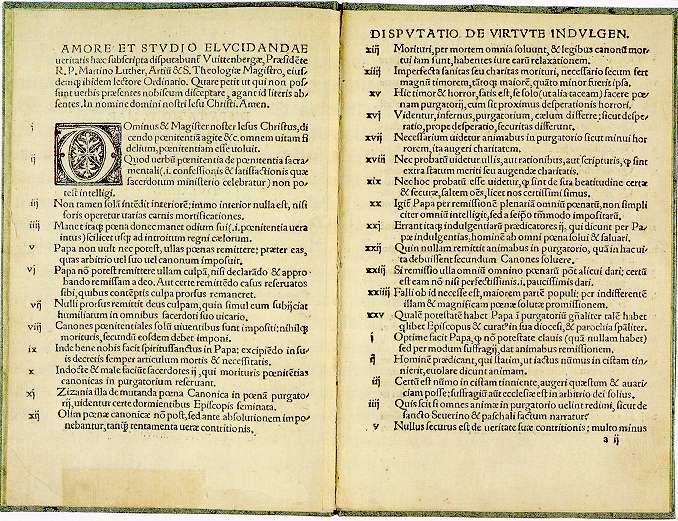
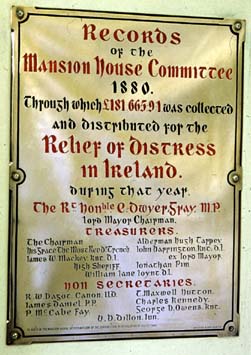
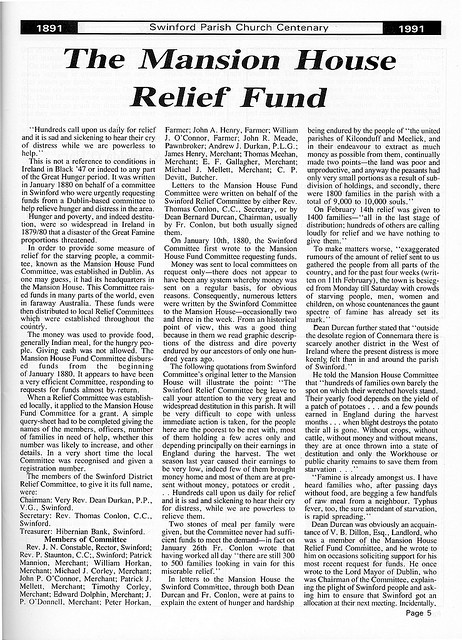
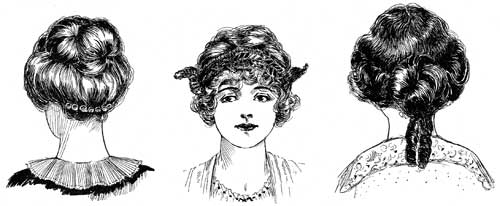
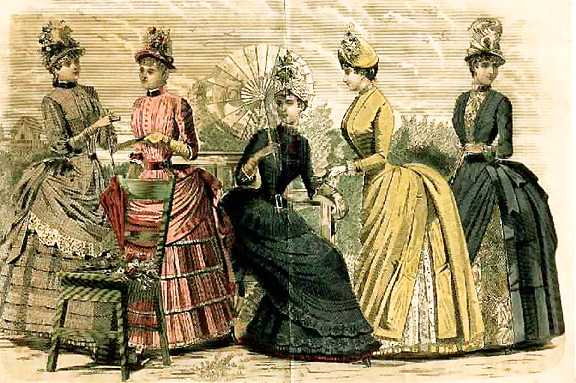
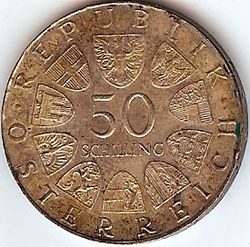
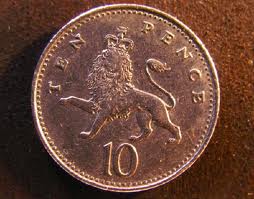
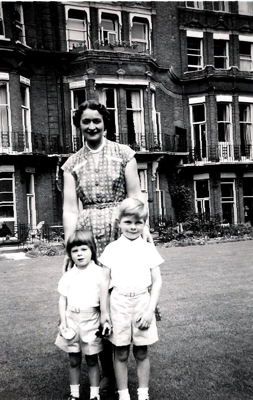
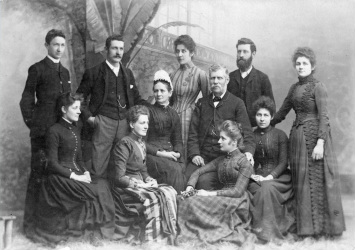
 RSS Feed
RSS Feed